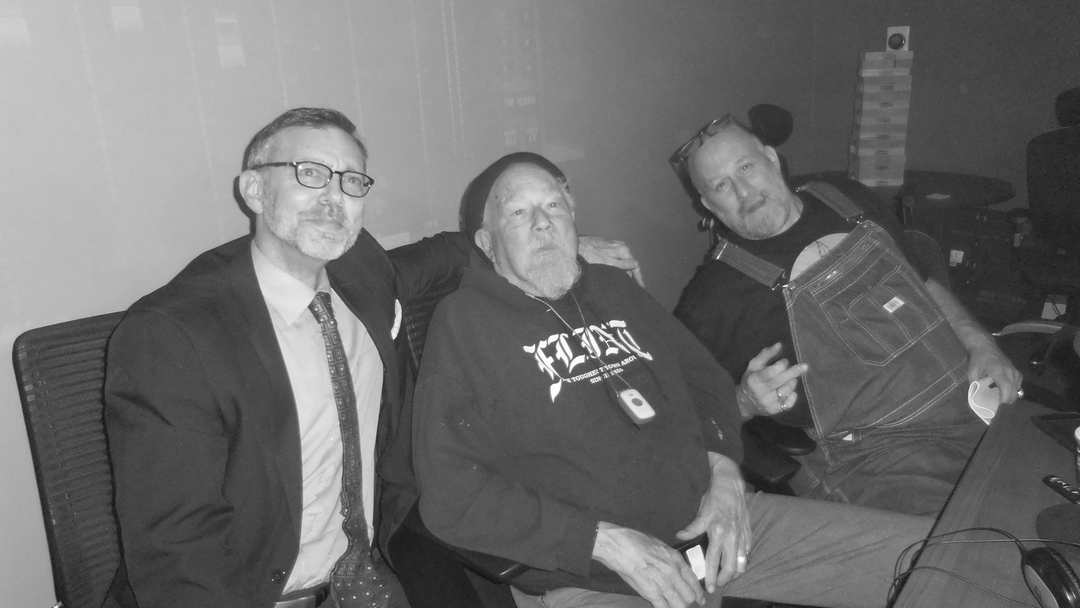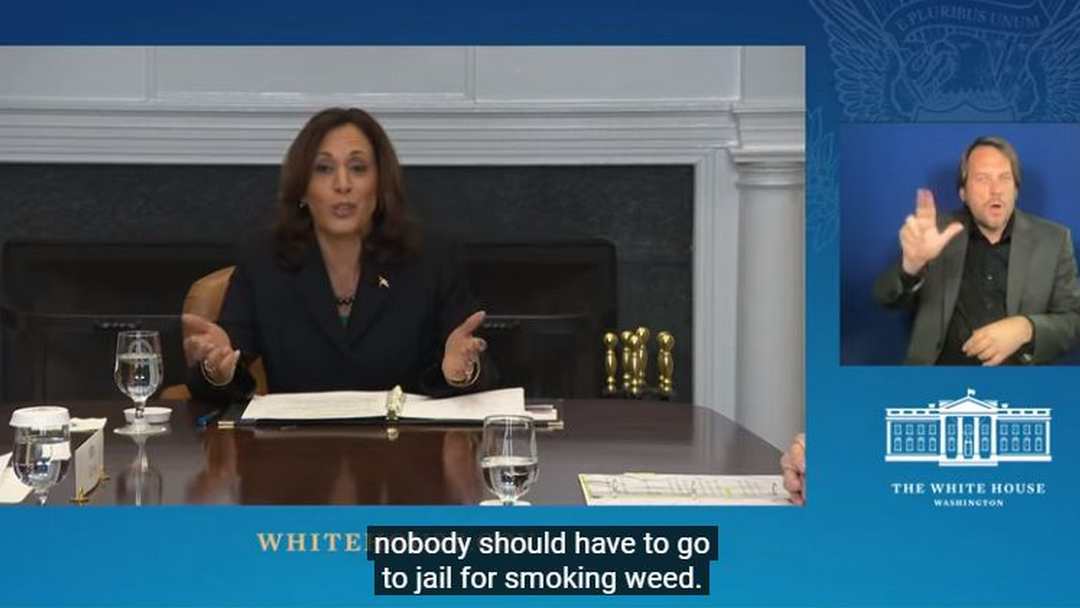You go girl!!!
A public high school was found to have violated the First Amendment when it suspended a student from her cheerleading team for using profane speech off campus.
Mahanoy Area Sch Dist v BL, No 20-255, ___ US ___ (June 23, 2021).
The U.S. Supreme Court has determined that Pennsylvania high school officials did not possess the jurisdiction to reprimand a student for her off-campus, profane Snapchat post, which was made out of frustration after not being selected for the varsity cheerleading squad.
The court ruled 8-1 that the social media post did not cause a substantial disruption under Tinker v. Des Moines Independent Community School District.
A female student at Mahanoy Area High School in Pennsylvania, who did not make the school’s varsity cheerleading team but was instead placed on the junior varsity team, expressed her frustration by posting two images on Snapchat while at a local store during the weekend.
One image included explicit language and gestures alongside general comments about cheerleading and school, although it did not specify the school by name.
The second image only contained the following text: “Love how me and [another student] get told we need a year of jv before we make varsity but tha[t] doesn’t matter to anyone else?”
The cheerleading coach and school administrators were made aware of B.L.’s posts and subsequently decided to suspend her from the team for a duration of one year.
Through her parents, Levy sued in federal court, asserting that the disciplinary action violated her First Amendment right to free speech. Additionally, they contended that it was the responsibility of her parents, not school officials, to administer discipline.
A federal district court and the U.S. Court of Appeals for the 3rd Circuit both ruled in favor of Levy, stating that the Tinker substantial disruption standard does not apply to off-campus, online student speech.
Alternatively, the 3rd Circuit also determined that, even if Tinker was deemed applicable, the post did not reach the threshold of causing substantial disruption.
The school district wasted tax dollars and appealed the Supreme Court decision.
Justice Stephen Breyer Reasoning that a school’s regulatory interests are diminished when a student partakes in off-campus social media speech, it was identified that three distinct features of social media speech govern such an approach.
- With regard to off-campus speech by students, school officials rarely stand in loco parentis. “Geographically speaking, off-campus speech will normally fall within the zone of parental, rather than school-related, responsibility.”
- Courts should be skeptical of school officials’ regulatory interest in policing student social media speech, given that such speech could take place anytime during a 24-hour day.
- Schools have an interest in protecting even unpopular student speech, because “America’s public schools are the nurseries of democracy.”
He emphasized the importance of officials maintaining regulatory oversight over social media speech involving cyberbullying, harassment, threats, or breaches of school security devices.
Justice Alito’s concurring opinion advises public schools to exercise thoughtful caution when seeking to regulate off-campus speech.
Related Articles
Bloomfield Hills Doctor Convicted of $6M Medicare Fraud Scheme
JUSTICE.GOVFor Immediate Release Office of Public AffairsA federal jury convicted a Michigan doctor today for causing the submission of over $6.3 million in fraudulent claims to Medicare for medically unnecessary orthotic braces ordered through a telemarketing...
The Legal Significance of Marijuana Reclassification
The Impact of Marijuana Reclassification on Legal LandscapeOn May 6, 2024, the DEA made a groundbreaking decision, accepting the US Department of Health and Human Services' recommendation to reclassify marijuana from Schedule I to Schedule III controlled substance....
A historic cannabis shift is one of the latest election year moves
AP StoryPresident Joe Biden may potentially ban TikTok, but he aims to offer young individuals, who largely influence this widely-used social media platform, a more lenient government regulation regarding marijuana. Facing a decline in support from an important...
New rule mandates time and a half pay for lower paid employees
Qualified lower-paid workers who earn a salary but work more than 40 hours in a week will soon be entitled to guaranteed time-and-a-half pay, thanks to a new labor rule announced by the Biden-Harris administration. This rule will raise the salary thresholds necessary...
More Posts

A visit with a kick
POW - Right in the Kisser. Businesses watch out for the lawA Pennsylvania-based convenience store chain was hit with a lawsuit by the Biden administration at the same...

Woman tried to board flight with 56 pounds of marijuana
Woman allowed airport police to check her luggage, had name tag on bags, according to reportsBefore a 21-year-old Memphis woman could board an United Airlines...

You’re too stupid to store a gun properly
The Biden administration once again defends a ban in federal court, arguing that people who use marijuana should be prohibited from purchasing or possessing firearms....

Illegal Firearms in Michigan
Illegal Gun Ownership in Michigan: Insights and StatisticsThe issue of illegal gun ownership in Michigan is a complex one, influenced by various factors ranging from...

Restoring Second Amendment Rights in Michigan
Restoring Your Gun RightsAs of 4/17/24...There is still a second amendment The Second Amendment of the United States Constitution grants citizens the right to bear...

Oregon governor signs a bill recriminalizing drug possession
Oregon governor signs a bill recriminalizing drug possession into lawOn April 1, 2024, Oregon Governor Tina Kotek signed House Bill 4002 into law, effectively...

John Sinclair, the inspiration for Ann Arbor’s Hash Bash, dead at 82
John Sinclair, the poet whose imprisonment for marijuana inspired the start of Ann Arbor’s long-running annual Hash Bash in the 1970s, has died. He was 82.Sinclair's...

Marijuana reform advocates demand apology from Kamala Harris
So SorryMarijuana reform advocates demand an apology from Kamala Harris for locking up pot smokers and slam her 'political hypocrisy' for now saying no one should 'go...

Federal Agency Smack Down on a Michigan Credit Union’s Cannabis Banking
Apple to ApplesAn independent federal agency has recently cited a Michigan credit union for non-compliance with regulations regarding banking services for the marijuana...

Cannabis cash transactions aren’t suspicious says IRS
Following The MoneyLarge cash transactions by marijuana businesses should not be automatically flagged as suspicious, as per the latest IRS guidance. The tax agency's...













